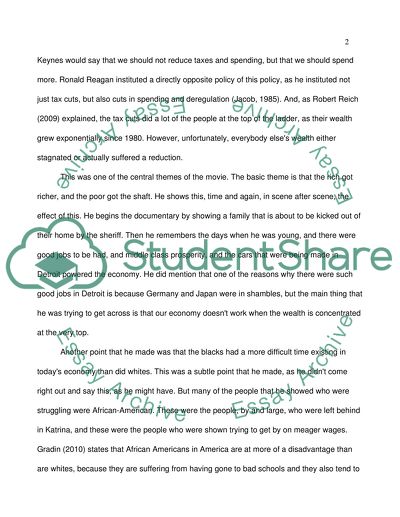Cite this document
(“Capitalism: A Love Story (dir. Michael Moore, 2010) Movie Review”, n.d.)
Capitalism: A Love Story (dir. Michael Moore, 2010) Movie Review. Retrieved from https://studentshare.org/visual-arts-film-studies/1489859-capitalism-a-love-story-dir-michael-moore
Capitalism: A Love Story (dir. Michael Moore, 2010) Movie Review. Retrieved from https://studentshare.org/visual-arts-film-studies/1489859-capitalism-a-love-story-dir-michael-moore
(Capitalism: A Love Story (dir. Michael Moore, 2010) Movie Review)
Capitalism: A Love Story (dir. Michael Moore, 2010) Movie Review. https://studentshare.org/visual-arts-film-studies/1489859-capitalism-a-love-story-dir-michael-moore.
Capitalism: A Love Story (dir. Michael Moore, 2010) Movie Review. https://studentshare.org/visual-arts-film-studies/1489859-capitalism-a-love-story-dir-michael-moore.
“Capitalism: A Love Story (dir. Michael Moore, 2010) Movie Review”, n.d. https://studentshare.org/visual-arts-film-studies/1489859-capitalism-a-love-story-dir-michael-moore.


